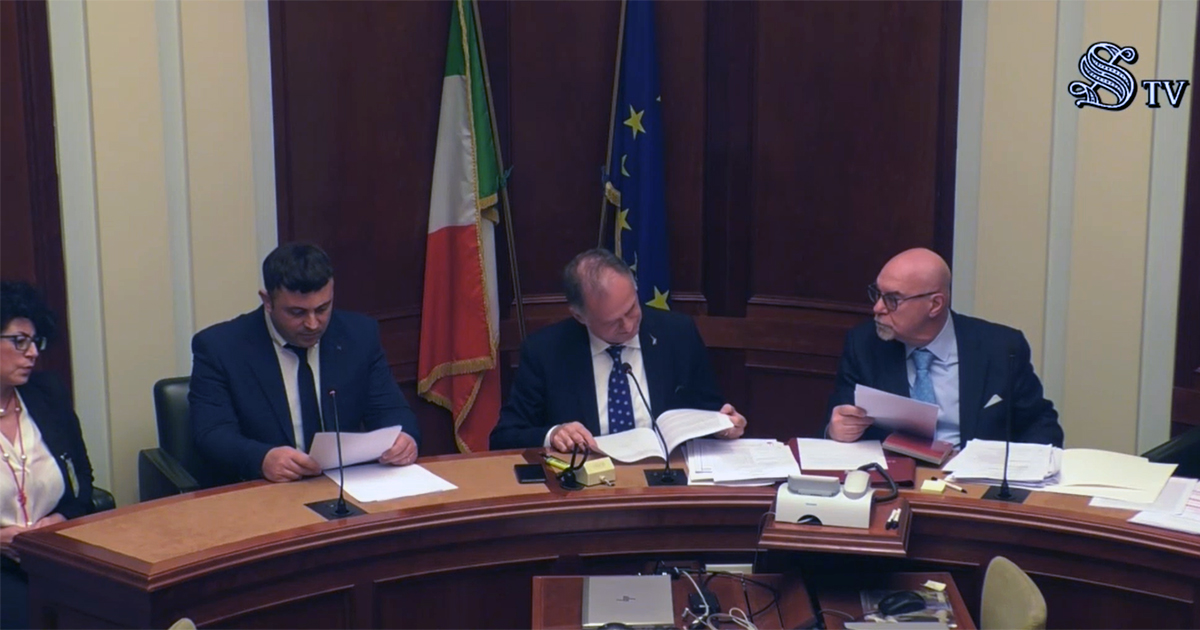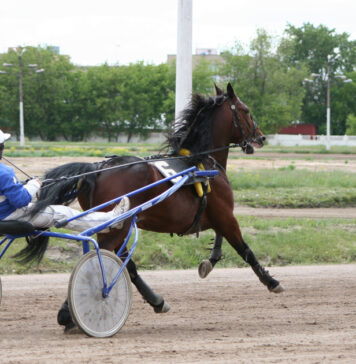In the Finance and Treasury Commission, for the discussion on Government Act no. 116 (Reorganization of the gaming sector), were audited Remo Fiori e Sabina Monaco representing CIGO, association of online gaming licensees.
“I thank you for the invitation to participate in the hearing at this most excellent parliamentary commission and – said Remo Fiori – to bring to your attention the following observations with which I confirm the applause for the intention to finally regulate the public gaming sector in a discipline of an organic nature.
The CIGO association, Italian online gaming concessionaires, was urgently established on 6 February by small and medium-sized Italian companies in the sector active and operating in the online gaming sector since the beginning of the regulatory process started in 2009. Precisely with the aim of better and unitedly represent the keen concern of all participating operators in reference to a reorganization proposal which even covertly risks, if adopted without appropriate modifications, seriously compromising the very survival of a large part of the current concessions.
As regards the general Italian and European principles, openly expressed in the reorganization scheme, CIGO fully shares them but some choices of the reorganization appear to be ineffective and/or unsuitable for the satisfaction of the pre-established objectives, if not in some cases even in violation of principles to which we intend to refer. On the one hand the reference is to the economic or financial choices underlying the reorganization game plan, the prediction of the high One-off and the unreasonable limitations on the operation of the so-called PVRs and on the other hand the adoption of exclusionary rules of already present and legitimate business models such as the so-called skins. All with an unpredictable flowering of undesirable effects on the market or to which the legislator's proposal would seem to be reduced to an unacceptable invitation to aggregation between economic operators, a de facto instrument which in my opinion is unworkable.
Sometimes it is not always clear and regulated what is already in place through which a concessionaire can have different gaming methods and sites all certified by Sogei, therefore with the authorization of the ADM, as a certified collection channel, i.e. the skin.
The major critical issues identified at present concern: the very high economic entry barrier foreseen in the new tender therefore the so-called restrictive regulations regarding the marketing of the so-called skins, the regulations envisaged for top-up sales points and the amount of the so-called One-off, therefore article six paragraph 5 letter B, which is invariably set at 7 million and must be paid in the amount of four million euros at the time of the award and three million euros at the time of the actual assumption of the gaming service to be activated no later than six months from the date of issue of the concession, without prejudice to the maximum numerical limit of 5 concessions that can be requested by a single corporate group.
It is worth specifying that, compared to the 93 concessionaires currently in existence, those actually operating are just 75. Having said this, comparing the amount of the net compensation understood as the player's expense minus the single state tax, this figure appears evident that among the current approximately 75 active dealers, only the first 25/30 could support the economic burden in relation to their company size. Consequently, the public finance objectives appear not to be realistically achievable as can be seen from the tables we have attached. It is very important, in my opinion, to understand that no more than 30 operators would participate.
It is an anti-competitive measure which in no way makes the principles indicated in the premises more protected, resulting only in a greater advantage for a few at the expense of others. It is not clear, nor was it even illustrated in the report accompanying the decree, what the correlation would be between such a measure ofOne-off and the best protection of Italian and European legal principles indicated in the introduction.
The drastic reduction of operators would induce an unreasonable and unjustified concentration, also damaging the interest of the State and preventing a significant plurality of concessions, consequently the drying up of the offer to the detriment of the quality and attractiveness of the service offered.
The market contraction with this measure is inevitable with an unjustified expulsion effect of 2/3 of the legal market. This would stimulate the reorganization legislator to increase spending on the initiative to combat the proliferation of so-called illegal gaming in clear contradiction with the action to protect Italian and community legal principles in defense of which the State would be expected to direct their choices towards reorganization hypotheses based on "prevention rather than cure".
The abnormal and unjustified increase in the cost of the concession is a unique one all Italian, not finding its counterpart in European countries, the One-off it translates into a sort of flat tax that is the same for all operators, without taking any account of their respective economic and financial capacities, with very accentuated distorting effects in this case.
The restrictive discipline in terms of marketing through the so-called skins comes out without reason and is suddenly eliminated by the reorganization scheme, the skins have been very useful in the process of legalizing the flow of gaming otherwise practiced in the area of illegality for the increase in the percentage of gaming with very beneficial effects also on the treasury.
It is confirmed in the explanatory report and in the regulatory impact analysis where it is used to justify the exorbitant measure of theOne-off, that in the face of this the legislator, rather than regulating the practice and possibly also benefiting economically, unreasonably chooses to strangle the voice of skins by excluding from the market the player who will be forcibly pushed towards areas of illegality.
Furthermore, the total ban on skins is a further obstacle to possible aggregation processes between small and medium-sized business operators.
For top-up sales points, the so-called PVRs, the part of the law which aims to regulate, monitor and regulate the marketing channel of the points is absolutely acceptable, on the contrary the limitations of concrete operations would actually make these channels devoid of any commercial value.
There are also strong doubts regarding the location of future PVRs in their foreseen state in a location already used by the Monopoly, i.e. for betting and games to win money, therefore Articles 86 and 88 of the TULPS, both due to the foreseeable very strong contraction in the number of PVRs compared to to the current situation, and to the inevitable interference with local regulations regarding physical gaming.
The CIGO association, in the interest of all Italian dealers, as well as for the balance in the development that the sector has been able to express up to now, also thanks to the serious behavior of its members, hopes that solutions can be sought that allow also to small and medium-sized operators to continue to profitably carry out a public service in compliance with the rules effectively compliant with the principles indicated in the premises of the reorganization scheme. The critical issues noted above must be eliminated, foreseeing the risk of a long-standing administrative dispute. The request is expressly formulated to open a technical discussion table between all interested parties with the aim of identifying shared solutions that take into account the public needs in terms of revenue and regulation and the private needs of the operators".











